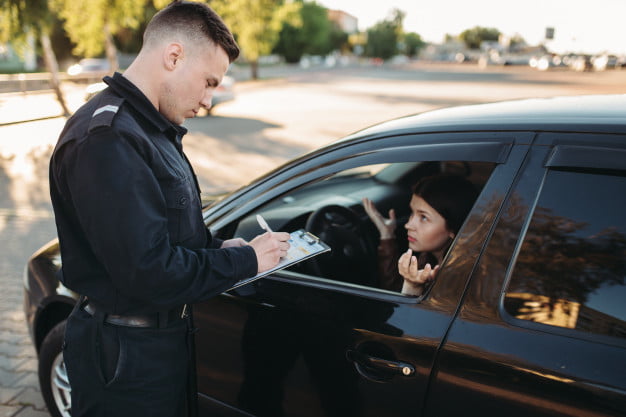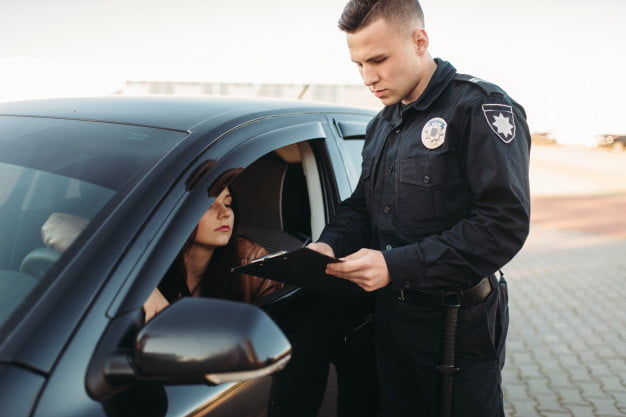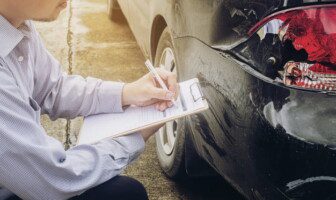
A traffic stop or pullover is a routine officer’s duty. But, many people are bothered by being pulled over, especially if they’re guilty of having a few drinks or taking drugs beforehand. It’s advisable to stay calm and avoid being too emotional. Remember that safety is always the primary goal of a pullover, and yelling, arguing, or swearing may also be threatening to the officer.
The best person you can consult to help ascertain your rights is a lawyer. If you need legal help, talk to a DWI lawyer, such as one from www.dwiguy.com.
But, what are your rights in a pullover? Find out the answer to this common traffic question by reading below.
Pullover Safely And Explain Yourself:
A pullover is a routine for traffic officers, so don’t panic if you’re asked to pull over. Be obedient to law enforcement regardless of your situation; otherwise, things may get worse.
So, how do you handle a pullover?
When asked to do so, keep in mind the following tips:
- Show that you’ve seen the traffic officer by turning on your turn signal. Pullover to a safe place to avoid blocking traffic.
- Turn off the vehicle engine and turn off your radio. You want to make sure that you and the officer can hear each other very well when talking.
- Keep off your hands from your pockets or the steering wheel.
- When you’re asked for your vehicle registration and driver’s license, tell the officer where you need to find them.
- Explain to the traffic officer if there’s an extenuating circumstance and take responsibility for your road behavior.
Right To Disagree To The Police Officer:
Police officers can also make mistakes, like other human beings. If you believe that the officer made a mistake of pulling you over, you can always disagree—it’s your right to do so.
But, of course, you should avoid escalating the situation by talking calmly to show you’re respectful toward law enforcement.
If the officer still insisted and gave you a ticket for a violation you don’t agree with, don’t argue. Has it resolved in court, which is what the judicial system is for?
As much as possible, you don’t want yourself getting arrested for a DWI or DUI because of non-compliance in a pullover request. Write down everything, such as the officer’s badge numbers and any other details.
It’s Your Right Not To Confirm Anything:
The National Motorists Association (NMA) explains the breathalyzer test has a 50% margin of error, is neither fair nor scientific, and generates varying results. Inhaled chemicals from cleaning compounds, gasoline, and paint can affect the result, including intense workout (acetone production from ketones as a byproduct of exercise).
In many states, refusing to undergo the breathalyzer test has a criminal connotation. Avoid being treated like a criminal by undergoing the test even if you’re not guilty of being drunk or taking prohibited drugs.
But, it’s you’re right not to confirm anything, such as when the officer asked you if you’ve been drinking all night or have taken any drugs. Tell the officer that you can only answer all of the questions once you’ve already spoken with your lawyer.
Refuse A Car Search:
Authorized police officers can arrest drivers for traffic offenses in many states, such as not wearing a seatbelt or speeding. However, other arrest situations and subsequent vehicle searches depend on the following circumstances.
The police may search the vehicle compartment if the vehicle contains means of escape, weapons, evidence related to the traffic stop, burglary tools, contraband, or other illegally possessed items.
You can refuse car search only in a search limited to areas that usually contain the items the officers reasonably expect to find.
For instance, if an officer has arrested you for driving on a suspended driver’s license and you’re handcuffed or placed in a locked patrol car, the officer doesn’t have a lawful ground to search your car. It’s because you can’t access your vehicle at the time of the search.
Conclusion:
Remember that you always have the legal right to discuss the traffic stop incident with a lawyer or a judge if you believe the police officer made a mistake.
It’s you’re right to pull over in a safe area to avoid causing or getting into an accident. Also, it’s okay not to confirm anything before you’re able to talk to your DWI lawyer.
You have the legal right to stay silent and exercise this right. If you’re not under arrest, you have the legal right to calmly leave.





























